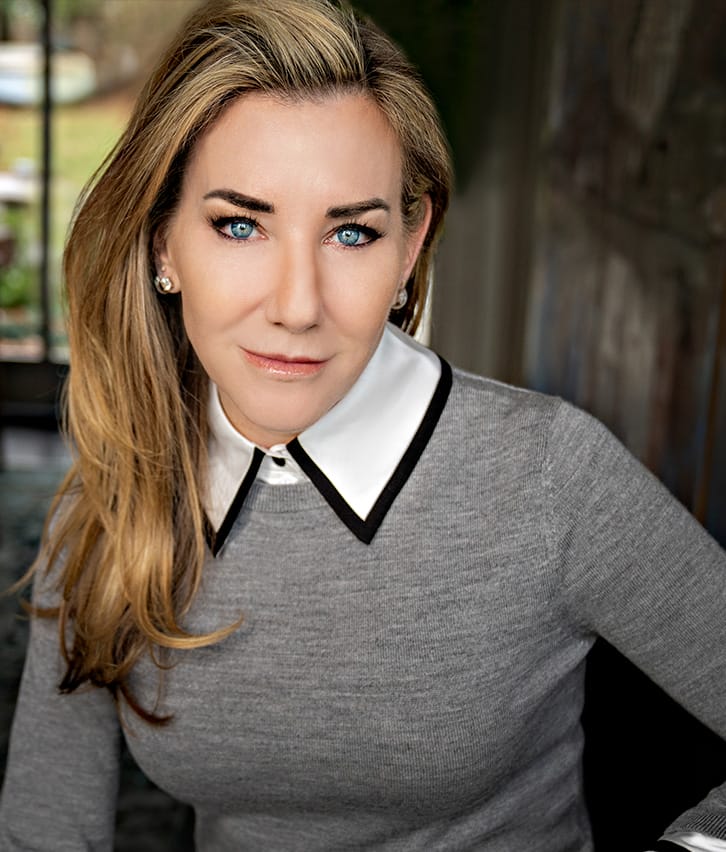Are your critics right about you?
I had an interesting experience last week. And, I don’t mean my happy sheet cake dance for my 50th birthday. (See what you are missing if you aren’t following me on Instagram?)
No, I did something even more uncomfortable than eating half of a sheet cake meant for an entire fourth grade class: I sent an outline of a new project, heretofore unseen by man or beast, to some friends.
Cue the horror movie tension music: I asked for feedback.
When the feedback arrived, it did not arrive as I expected. (I have always described myself as an unbridled optimist, but my expectations, dare I say, probably all too often veer into unrepentant naïveté.)
So, the feedback came, and it came honest and true. Some of it was ego uplifting, some of it was identity shaking.
One thing was for sure: it was all over the map and I was left with wondering what to do with it.
And therein lies the problem with critics.
We all have critics. Sometimes we seek out those critics. Sometimes those critics seek out us. Regardless, the problem with feedback is that we get it wrong before we even ask for it because we make two fundamental mistakes.
-
We listen the wrong critics.
-
We don’t ask for specific enough feedback.
Let’s break this down one by one.
First, we listen to the wrong critics. And, I don’t just mean the busy bodies who stick their noses into our business to volunteer some “helpful” tidbit coming “from a place of love” about what we “need to do” to succeed. Aunt Sally needs a life, amiright?
I’m talking about the ones we invite in.
Yeah, I went there: I’m pointing the finger at you.
If you are anything like me, you have surrounded yourself with people in your life who love you, who buoy you, who give you great feedback about a variety of matters in your life. I call these people my #framily, that mix of friends and family who you just know will always have your back.
And, if you are anything like me, you’ve come to rely on this framily for feedback on all matter of topics.
So, what’s the problem?
The problem is that we have come to rely on these critics for the wrong things.
Take, for example, my outreach last week. I’m working on a new book, Wonderhell, based on the idea that each of us have a moment when we see a teeny tiny sliver of our potential — something we’ve been working on has, well, worked — and in that moment, we are faced with what it might take to become this new version of ourselves. To test the concept, I sent a five page overview to my framily and said, “What do you think?”
And then I waited. (Cue even louder horror movie tension music.)
Critics
Some of them loved it. “I can’t wait for you to write this book!” one said. Another texted me, “I need this book yesterday!” A third didn’t write a single word but sent me a video consisting of her thrusting dollars at the camera because she’s ready to buy a book I haven’t even yet written. (Blush.)
But, some of them didn’t. “It just doesn’t resonate with me.” was the first text. The next one read, “I don’t get it.” And the third? No fun videos, just a single word, “Meh.” (Blush again… but not the good kind.)
What’s a girl to do? I had six opinions, three on each side of the fence. These were the people whom I’d invited to be critics, who I’d relied upon in the past to provide great advice, and who’d come through every single time. But we had a split jury. Three of them were right and three of them were wrong. But which three?
And then it dawned on me: not all critics are created equal, and not all criticism should be heard equally.
So I sat down — mostly to be closer to my crushed ego which I needed to pick up off the floor — and considered where I went astray. I thought about my target audience for the book. It turns out that my target audience consists mainly of people who fit into the first camp (the lovers) and not at all people who fit into the second camp (the haters).
I had asked (some of) the wrong critics. And, what’s worse, this is where I made the second mistake: I didn’t ask my critics for specific enough feedback.
There is a universal truth that people, for the most part, want to help. There is a corollary truth that people, for the most part, also have no idea how to help. So these critics, they try. They do what they can. But they don’t do what we need… unless we ask them.
I was taught an important lesson here by one of these critics who I thought hated my idea. Here’s how it went:
Me: “I wrote this thing… it’s an early draft but what do you think?”
Him: “Meh.”
Me (after a long pause): “Oh. Okay.”
Him: “What? We are friends, I know you wanted me honest opinion.”
Me: “I wanted your helpful opinion.”
Him: “What would be helpful?”
Me: “Well, I just want to know if you think there is a ‘there’ there. Would me readership jam with this concept?”
Him: “Oh, yeah, totally. It’s not for me, it’s not an issue I’ve dealt with, or a pain point to which I can relate, but I can see that your target market would love this, and I’d start the story from the middle, wrap them into it more from the start, and really expand your second and third point, but consider whether the fourth point belongs or is an entirely separate book. Oh, and don’t touch the first point, it’s perfect. Your metaphors are clean, for the most part, but I think the last one could use a little boost. You voice is great, your sass is on point, good mix of wisdom and motivation.”
Me: …stupefied crying baby panda face emoji…
When I asked for specific feedback, two things became clear. First, and yes I get the irony of how I learned this lesson, I had asked the wrong critic. And, second, I didn’t give the critic any direction at all.
I listened to all six of these critics at equal volume when, really, I should have listened to them at different volume. Some fo these critics were to focus group the concept, some of these critics were to pressure test the arguments, some of these critics were to narrow target market. I’d asked them all to weigh in on the merits of the idea, but I should have asked them to weigh in on the merits of the idea for me. I should have been direct about where I was in the process, and clearer about the specific input that they, from their particular vantage point could provide. I should have given some instructions:
-
This is the particular type of feedback I seek. Our critics don’t know where in the process they are finding us, where in the project we are stuck, or where in the pandemonium we need a lifeline. They also don’t have tons of time. Giving them this direction ensures that they can be surgical in their strike, and maximally helpful in minimum time.
-
This is why I’m asking you specifically. What is it about them, their outlook, their talent, their background that makes them an ideal critic for you right now, today, on this particular project? Bonus: this also helps you realize who NOT to ask.
-
This is when I need it by. There is nothing worse than having to nag people or, on the other side, feeling like you are holding people up. See above: people are busy. So giving them some instructions just makes everybody happy and saves those baby pandas from distress.
Oh, hey, and here’s an extra added bonus — a bonus bonus, if you will: when you ask the right critics from the specific feedback you need, you stop giving votes in your life to people who shouldn’t even have voices. And, you know how I feel about that!




